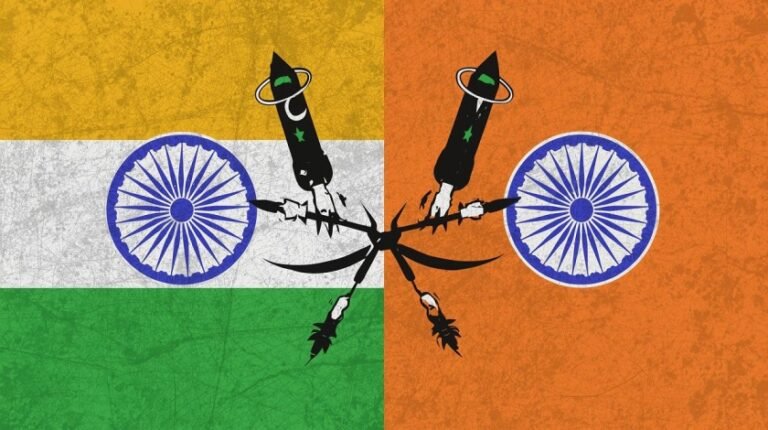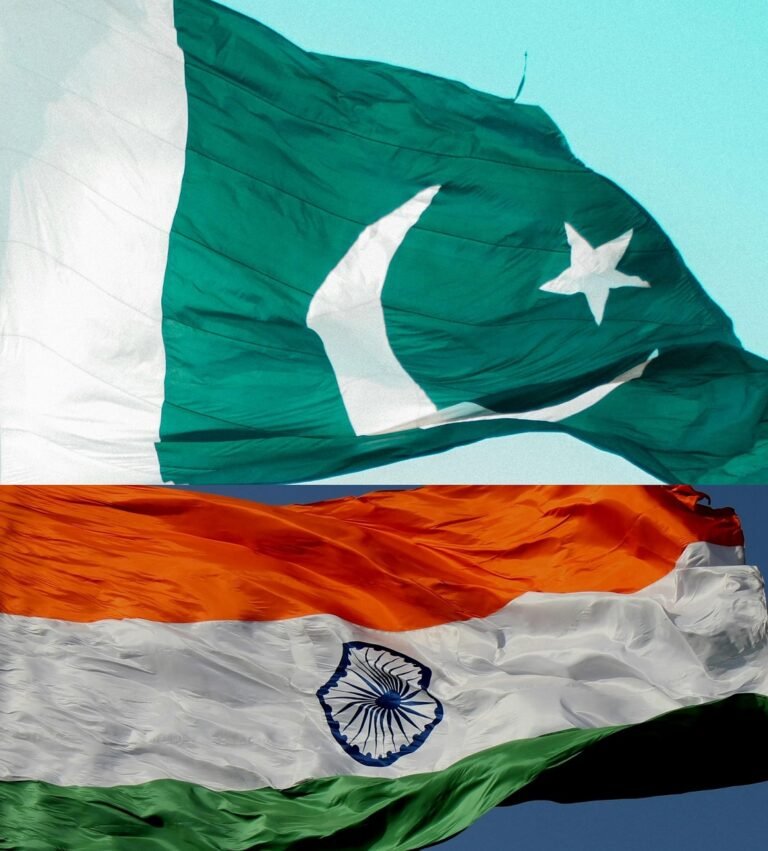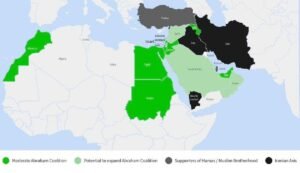Let’s review the term ‘ Fiat Justitia Ruat Caelum’ within the context of Pakistan’s judicial arena.
Fiat justitia ruat caelum means ‘Let Justice Be Done; Though the Heavens Fall.” It is a Latin maxim often attributed to a Roman consul who lived in the first century BC. Former Chief Justice Marshall in 1801 cited this Latin maxim and stressed that where a country has a written constitution and laws, judges’ decisions should be based strictly on such written laws and constitution. Read our Review of Pakistan’s Federal Constitutional Court.
If we discuss the spirit of this maxim, “Fiat justitia ruat caelum” within the context of Pakistan’s judicial arena, in its literal sense, this phrase was first discussed by the Peshawar High Court in a case titled “Saifullah vs The State”. While referring to this maxim, Justice Dost Muhammad Khan held that it is mandatory for a judge, being a custodian of the constitution, to be firm and remain unbiased while doing justice without being influenced by external forces. The Court further held that the Court must not become a tool in the hands of those who want to use it to extract their benefit, otherwise, the dispensation of justice would be compromised.
If we align the jurisprudential journey of Supreme Court decisions with the essence of the phrase. Although this principle has not been explicitly discussed in any of the Supreme Court judgements. Still, it played an essential role in shaping the Supreme Court’s decisions, as its spirit has been found in several of its landmark decisions.
The spirit of this principle has been invoked in most cases to uphold the constitution and rule of law, or where fundamental rights were at stake. For instance, all those cases where executive tried to compromise the supremacy of constitution through their unconstitutional actions, the courts intervened.
Protection of Constitutional Sovereignty
Under the auspices of this very principle, the courts ensured the protection of constitutional sovereignty i.e. Asma Jilani vs Government of Pakistan. Through this, the martial law was upheld by General Yahya Khan but was declared unconstitutional by the Court. Moreover, it rejected the doctrine of necessity and protected the supremacy of constitution.
In addition, if we look at our legal and political history, the superior judiciary largely struggled to deal with the unjustified actions that were declared justified under the doctrine of necessity. While upholding the spirit of the principle, the Supreme Court of Pakistan has rejected those actions. Such as the Sindh High Court Bar Association Case, where the Supreme Court emphasized the dispensation of justice irrespective of political pressures and declared the justification of the doctrine of necessity as unconstitutional.
Talking about the spirit of this phrase, Attorney General for Pakistan in his speech at the start of judicial year said that the “Fiat Justitia Ruat Caelum” i.e. let justice be done, though the heavens may fall. It has set a principle that dispensing of justice must be ensured as this is an impregnable pillar of a prosperous society. He supported this argument by quoting an example from WWII, where Prime Minister W. Churchill was briefed about economic collapse and other casualties after a huge bombing. He replied, “If the courts are working, nothing can go wrong.
To conclude, this principle is the core of the administration of justice, ensuring that judiciary is the ultimate guardian of constitutional principles and its spirit to secure the rule of law and constitutionalism.





